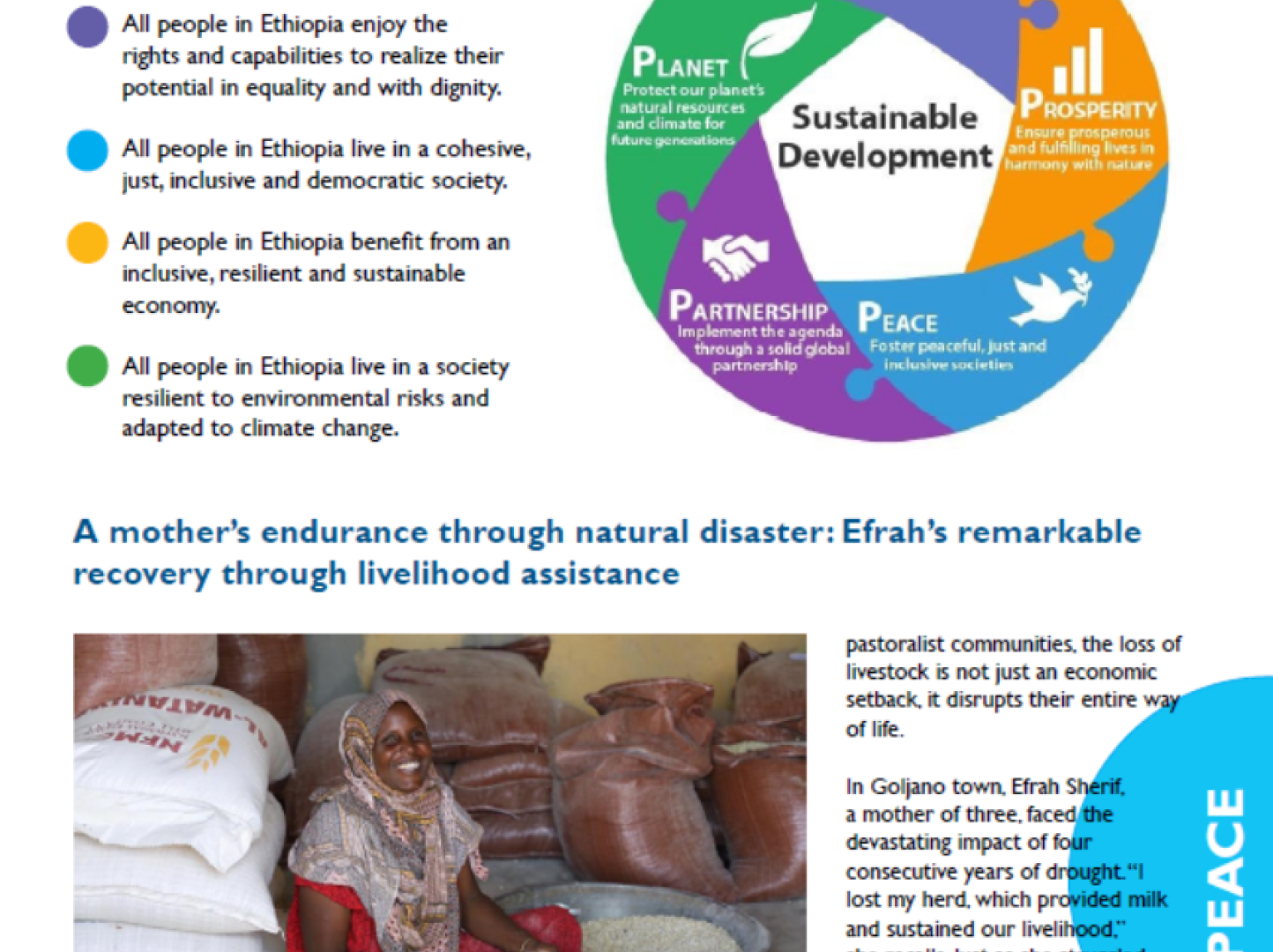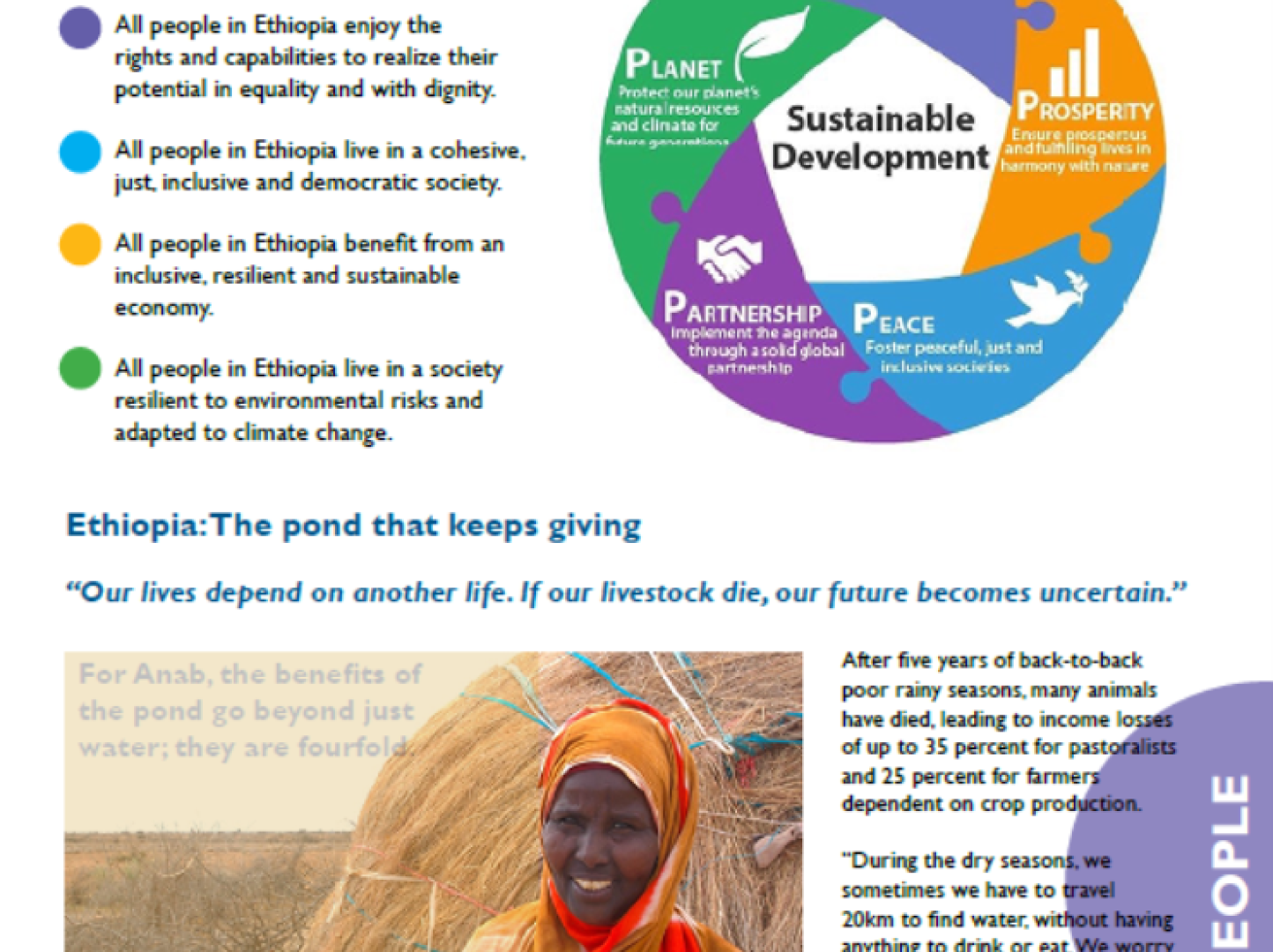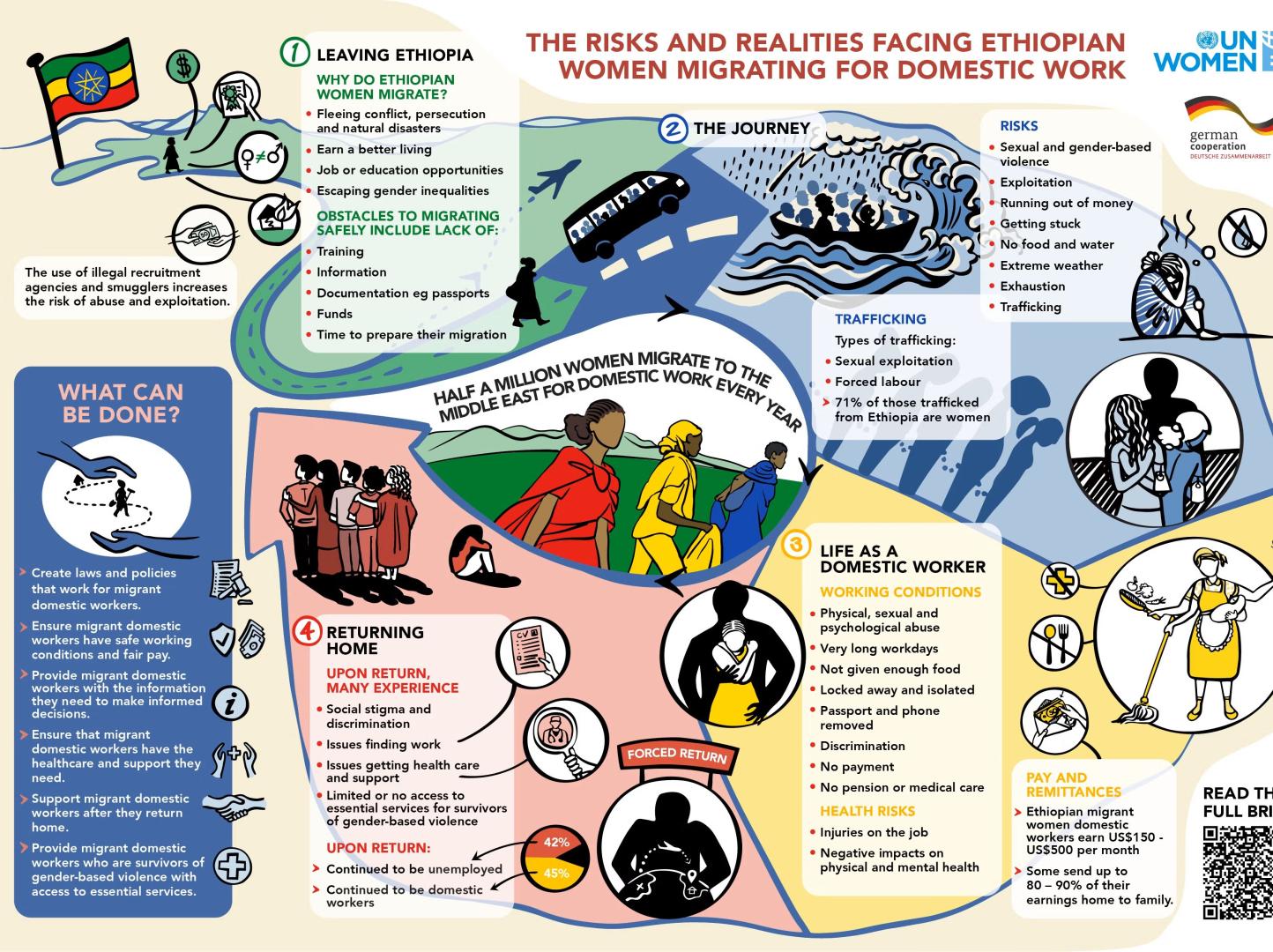Generation Unlimited - Landscaping Analysis and Country Investment Agenda

Generation Unlimited (GenU), established in 2018, is a dynamic partnership that includes young people, representatives from governments, multilateral organisations, the private sector and civil society. It contributes to the Sustainable Development Goals and is rooted in the principles of the United Nations' Youth 2030 Strategy.
It aims to meet the urgent need for expanded education, training and employment opportunities for young people, aged 10-24 years. The young people cohort is now reaching an unprecedented number of 1.8 billion young people, the majority of which resides in developing countries. Equipping these young people with knowledge and relevant skills and facilitating their transition to the labour market will need strategic and coordinated efforts.
GenU in Ethiopia
In the 2019, Ethiopia signed and joined GenU. Like in other countries in Africa, Ethiopia has a youthful population that is expected to continue dominating the demographics for decades. This provides vast opportunities and challenges to Ethiopia, with an estimated two to three million young people expected to join the labour market each year (ILO, 2018). Job creation, particularly for the youth, is therefore a priority in Ethiopia’s national blueprints.
In 2018, the Federal Government established the Jobs Creation Commission (JCC). While JCC and several programmes and interventions in Ethiopia are working towards solutions for young people (we mapped 23). There are still many challenges in meeting this huge demand for skills and jobs. As such, interventions like GenU are timely and highly relevant in Ethiopia.
Our inception report confirmed Ethiopia’s readiness for GenU. This is thanks to the establishment of JCC, the availability of current initiatives that can be scaled up, government policies that support job creation in larger companies and in SMEs, including in start-ups. Private sector might not be able to play a strong role in the beginning but could do so over time. It was also noted that most current initiatives have limited direct (commercial) earning potential. This affects their return on investment and bankability. We noted the presence of coordination platforms to advance job creation, but not in education and skills. There are only few youth initiatives along the identified change areas. The presence of GenU can create opportunities to promote civic engagement by giving youth and youth networks a central role in the initiative.
The landscape analysis and country investment agenda
This Landscape Analysis (LA) is a collation of barriers and insights under each of the seven strategic pillar areas of GenU: (i) education and (ii) training, (iii) school to work transition, (iv) employment and (v) entrepreneurship, (vi) equity and (vii) engagement. It is further divided in supply side barriers and initiatives (education and training) and demand-side barriers (employment and entrepreneurship arena) to identify GenU's niche and GenU’s suggested roles in Ethiopia.




















